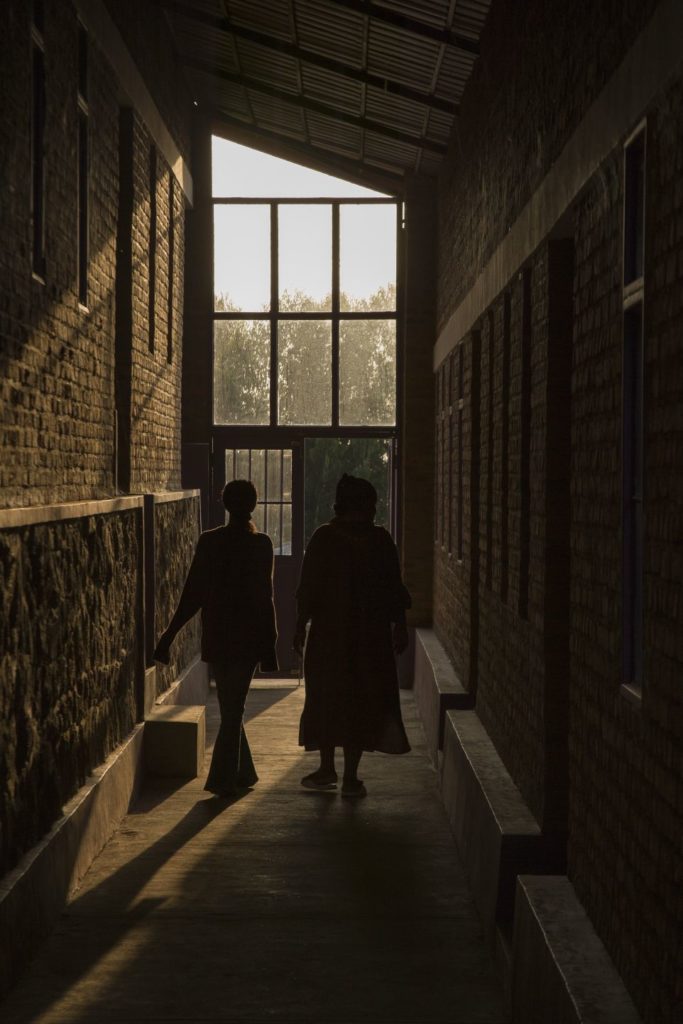
The work of Survivors Fund (SURF) is featured in an important paper, “Rehabilitation for Survivors of the 1994 Genocide in Rwanda: What Are the Lessons Learned?”, in Issues in Mental Health Nursing by Philomene Uwamaliya and Grahame Smith. The full paper can be accessed here, the abstract of it reading:
Rehabilitation remains a significant concern among survivors of the 1994 genocide in Rwanda. Rehabilitation falls under tertiary prevention, which is a core function of public health. Despite efforts to introduce various rehabilitation programmes for genocide survivors in Rwanda, these initiatives have often proved inadequate in meeting their long-term needs.
The failure of the Rwandan Government, international community, United Nations, and other Non-Government Organisations (NGOs) calls into serious question their commitment to international human rights laws. Rehabilitation should be regarded as a free-standing human right for genocide survivors and a human rights-based approach to the rehabilitative process should incorporate measurable outcomes based on an agreed ethical framework.
The author calls upon the international community to reiterate its concerns about genocide survivors and reaffirm its commitments to human rights. The main issues discussed in this article are: the long-term needs of survivors of the 1994 genocide; what is already provided, and the gaps; how Stucki’s Rehabilitation Cycle framework (a problem-solving tool) can help improve current provision; the role of the international community, NGOs, and genocide survivors’ organisations in advancing rehabilitation; and the need for a human rights-based approach to rehabilitation.
A strong recognition of the right to rehabilitation is crucial. An ethical framework related to the human rights-based approach should also assist in setting outcomes that can be measured against agreed standards, ensuring: rights that have been violated are identified; the accountability of each service provider in promoting rehabilitation; rehabilitation which is inclusive and non-discriminatory; participation by encouraging collaboration with survivors rather than doing things for them; and empowerment by enabling survivors to understand their rights and have the confidence to challenge or question when their rights have been violated.
